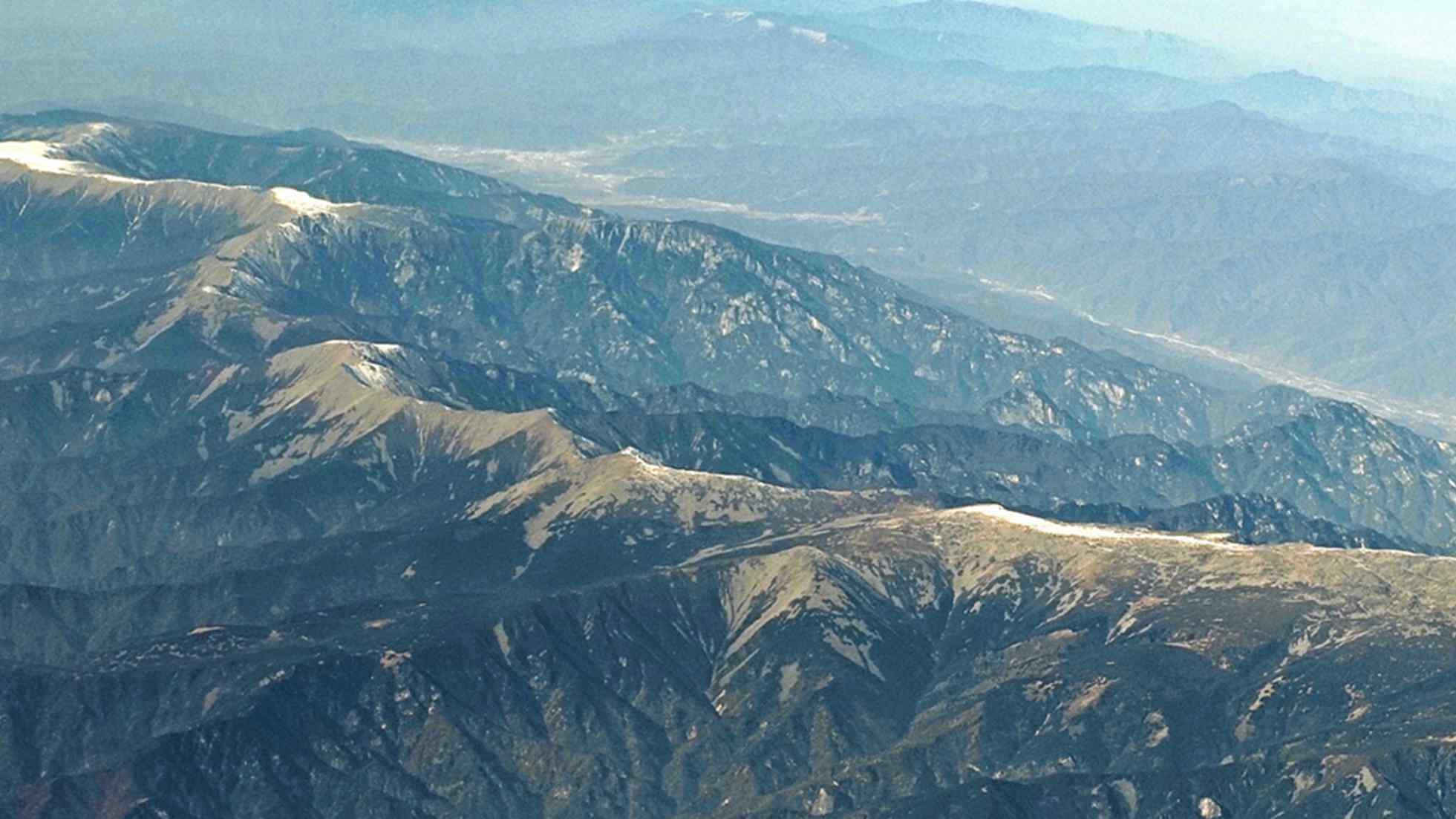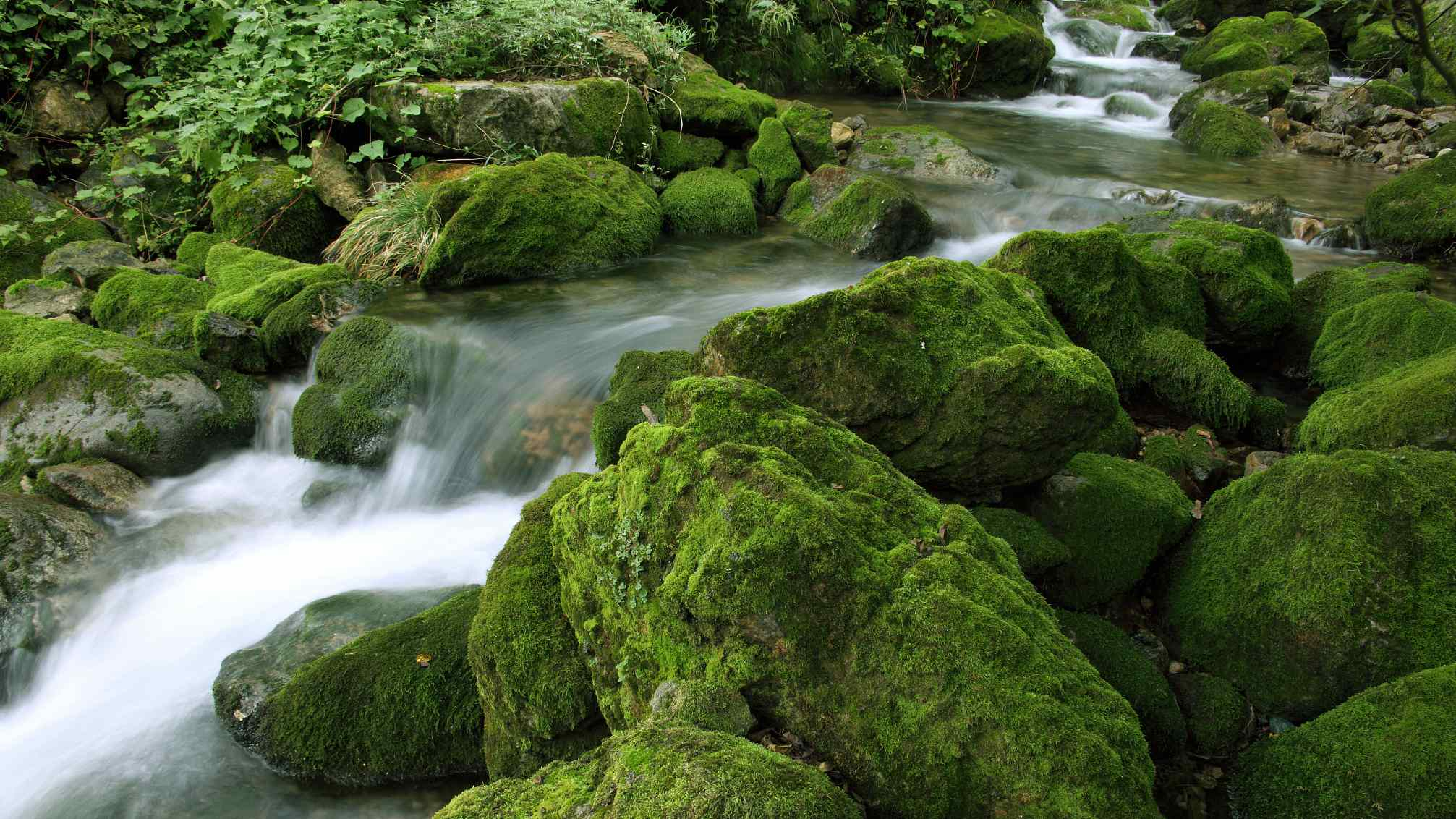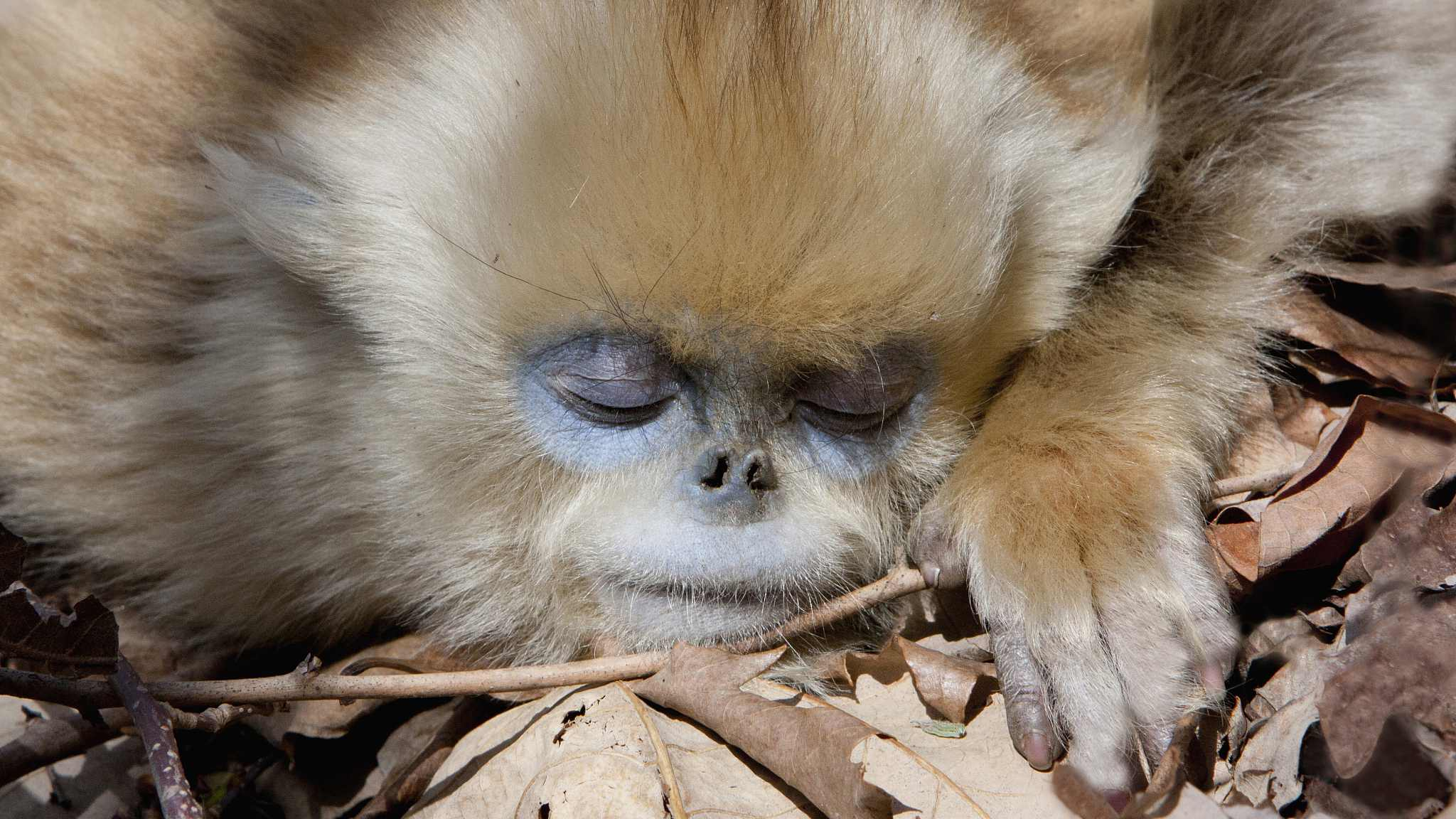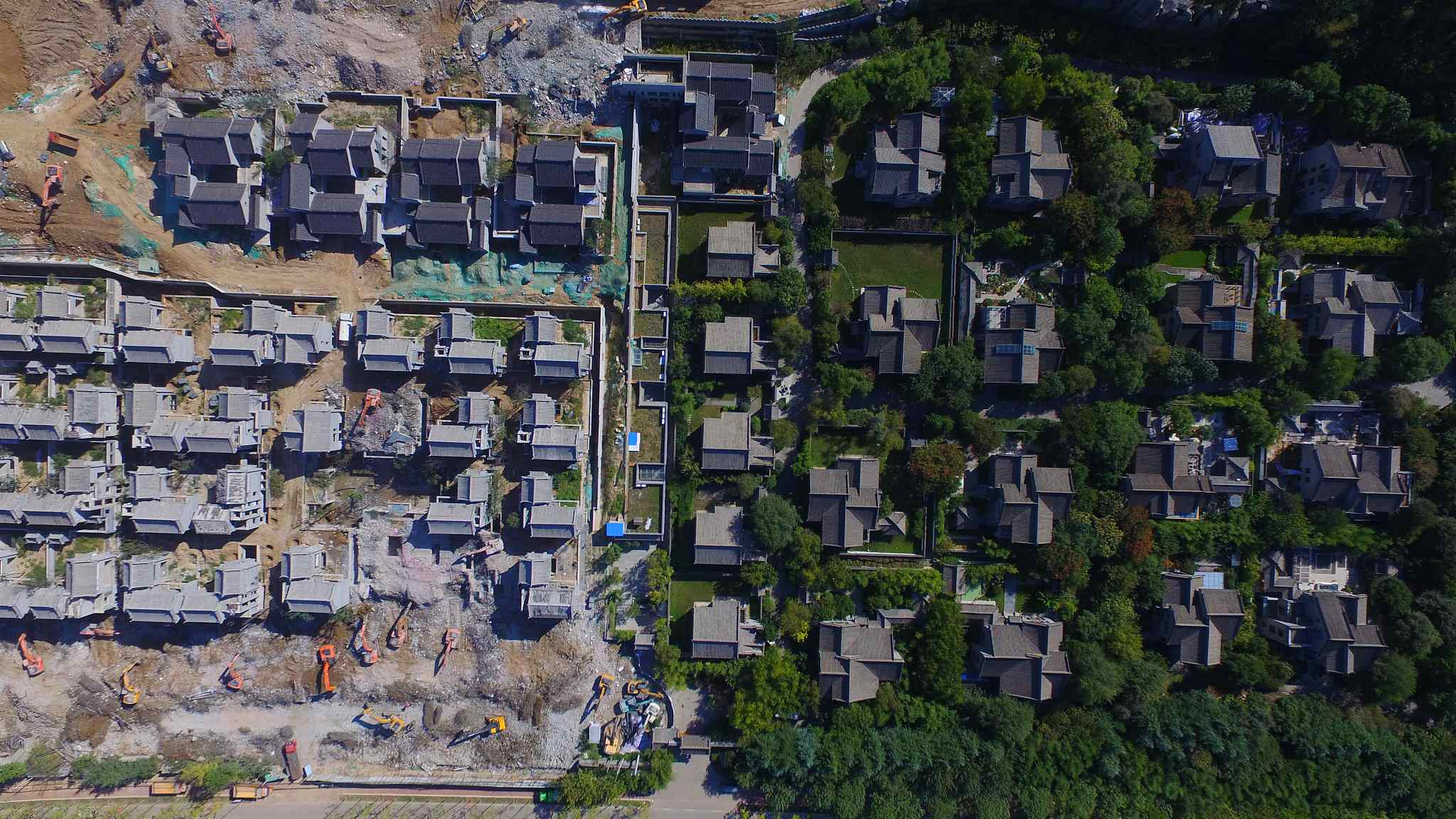
Nature
19:44, 10-Jan-2019
Protecting Qinling Mountains, a dragon vein of China
Updated
19:19, 13-Jan-2019
By Xing Fangyu

Qinling Mountains, commonly known as a dragon vein in China's history and culture, are of geographical and biological significance. This east-west mountain range acts as a boundary between northern and southern China and provides many ecological functions such as climate regulation, soil conservation, water maintenance and biodiversity conservation.
A natural boundary
As Qinling Mountains divides China into north and south, the temperature, climate and geography on each side are distinctively different.
The range is more than 1,600 kilometers from Gansu Province in the west to Henan Province in the east, and the highest mountain is Mount Taibai (3,767 meters above sea level).

The dragon vein: Qinling Mountain range. /VCG Photo
The dragon vein: Qinling Mountain range. /VCG Photo
It's like a Great Wall that retards the air flow. In summer, because the humid ocean current can hardly get into the north, the climate there is dry, especially in the northwest. In winter, it acts as a barrier to the cold wave from the north so that Sichuan Basin and Hanzhong Basin in the south are warmer.
As a result, the Qinling Mountains have become the dividing line between the subtropics and the temperate zones. The rivers to the south of Qinling won't be frozen in winter, the plants are mainly evergreen broad-leaved forests and the soil is mostly acidic. The temperature in northern Qinling is below 0 °C(32 °F)in January when the river is frozen. And the plants are dominated by deciduous broad-leaved trees and the soil is rich in calcium.

A river in the Qinling Mountains. /VCG Photo
A river in the Qinling Mountains. /VCG Photo
Ecological environment and protection
The abundant natural resources have made Qinling home to countless flora and fauna, some of which, like the panda and snub-nosed monkey, are found nowhere else on earth The rich water and mineral resources have accelerated local agriculture and industrial development.

A golden snub-nosed monkey sleeps at the Zhouzhi National Nature Reserve, Qinling, China. /VCG Photo
A golden snub-nosed monkey sleeps at the Zhouzhi National Nature Reserve, Qinling, China. /VCG Photo
In order to protect the ecological environment in the Qinling Mountains, the government has released Regulations of Shaanxi Province on the Protection of Qinling Mountain Ecological Environment, which were adopted at the 34th Meeting of the Standing Committee of the 10th People's Congress of Shaanxi Province on November 24, 2007.
The regulations were put into effect on March 1, 2017. However, Chinese online reports say villas have been built on the mountains even though this is prohibited. The General Office of the Communist Party of China Central Committee soon issued a document and started specific rectification for local officials committing wrongs on the issue of environmental protection.

Sunrise on the Qinling Mountains. /VCG Photo
Sunrise on the Qinling Mountains. /VCG Photo
In this case, the Chinese media performed a duty of supervision that led to the demolition of illegal structures from July 31 last year. Since then, greenery has been coming back.

Demolition of illegal villas in the northern part of the Qinling Mountains. /VCG Photo
Demolition of illegal villas in the northern part of the Qinling Mountains. /VCG Photo

SITEMAP
Copyright © 2018 CGTN. Beijing ICP prepared NO.16065310-3
Copyright © 2018 CGTN. Beijing ICP prepared NO.16065310-3